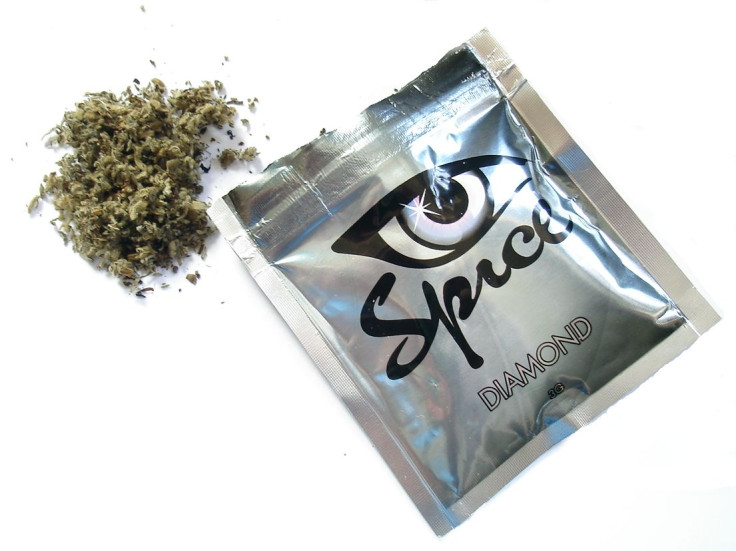Almost 120 People In Texas Overdose On Synthetic Marijuana In Just 5 Days; All Linked To Same Dallas-Based Supplier

Synthetic marijuana brands including “K2” and “Spice” have become a major public health concern after teenagers started to turn to this chemically altered substitute in place of real pot, since it's easily obtained over the Internet and at gas stations. During a period of five days, upward of 120 people across the state of Texas overdosed as a result of smoking synthetic marijuana.
At this time no deaths related to the inhalation of synthetic marijuana have been reported, and cases have been localized to the Dallas and Austin areas. State police have confirmed that the sale of the drug likely originated with a Dallas supplier. Police are also investigating if the pot substitute may have been laced with another drug, and toxicology reports will confirm if all overdoses were related to the same batch.
“We don't know what they are putting into these synthetic drugs," Dr. James d’Etienne of Baylor Medical Center, where most of patients who overdosed on synthetic marijuana were taken, told WFAA. "Several of them came in with similar symptoms of psychosis, altered mental status, abnormal behavior - ranged from very sedated to an agitated state”
According to the National Institute on Drug Abuse, synthetic marijuana products such as K2 and Spice contain dried plant material mixed with designer chemical additives that cause mind-altering effects. Although the Drug Enforcement Administration has currently banned the sale, purchase, and possession of Spice by designating its five common active ingredients as Schedule I controlled substances, controlling it is still made difficult by synthetic marijuana manufacturers who change the compound to include other ingredients that may be more deadly and addictive.
Some of the side effects of synthetic marijuana use reported to Poison Control Centers include increased heart rate, nausea, confusion, anxiety, paranoia, and hallucinations. Overdose victims in Texas ranged from teenagers to adults in their mid-fifties, many of which had to be sedated or kept under watch to prevent self-harm.
A report released by the Centers for Disease Control and Prevention last December revealed that 221 people in Colorado had been sickened by synthetic marijuana after an alarming amount of emergency room visits were tied to Spice use. Hospitals and the Colorado Bureau of Investigation traced 127 cases back to the Denver area and Colorado Springs. Sixty-four percent of patients reported high blood pressure, 32 percent were agitated, and 25 percent said they had experienced confusion.



























